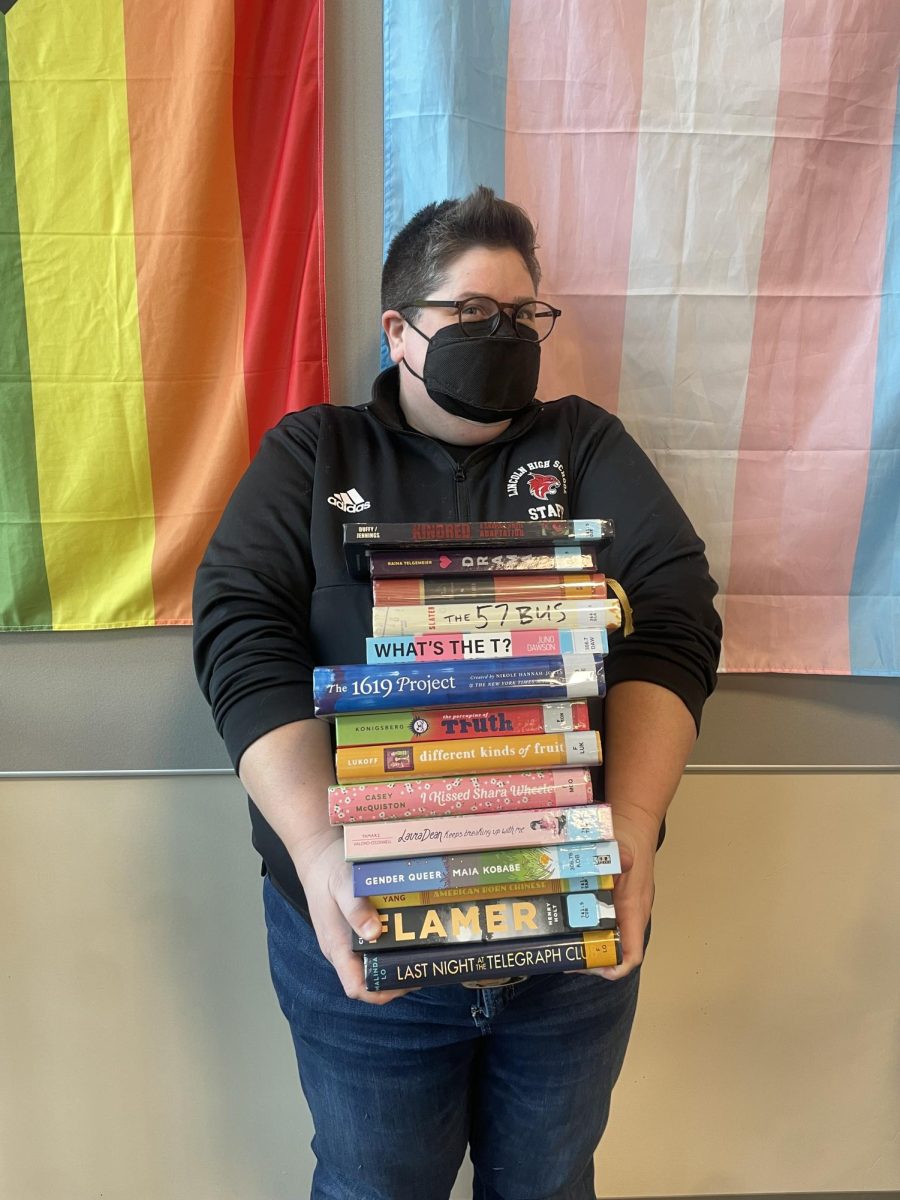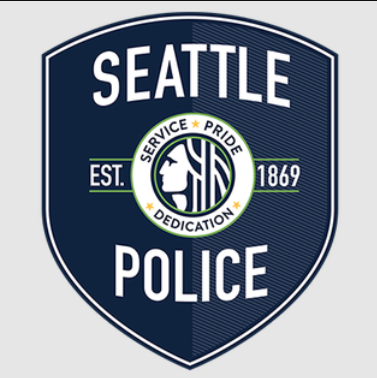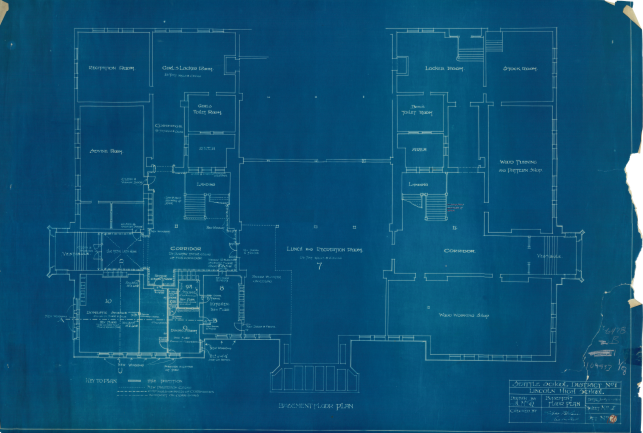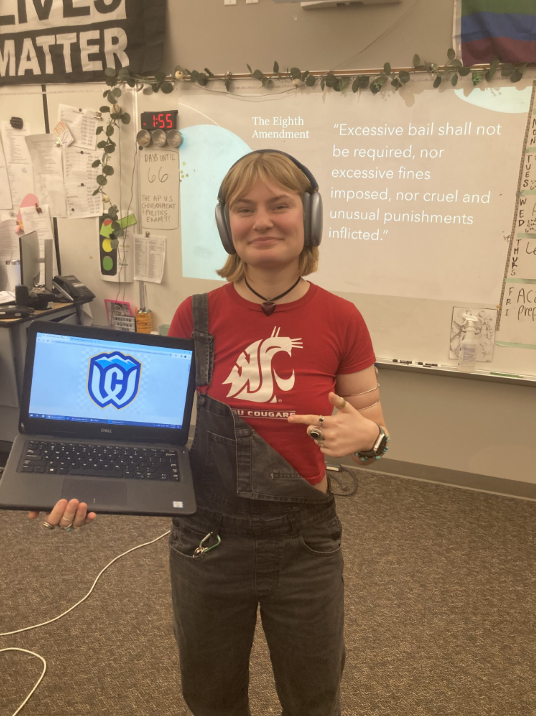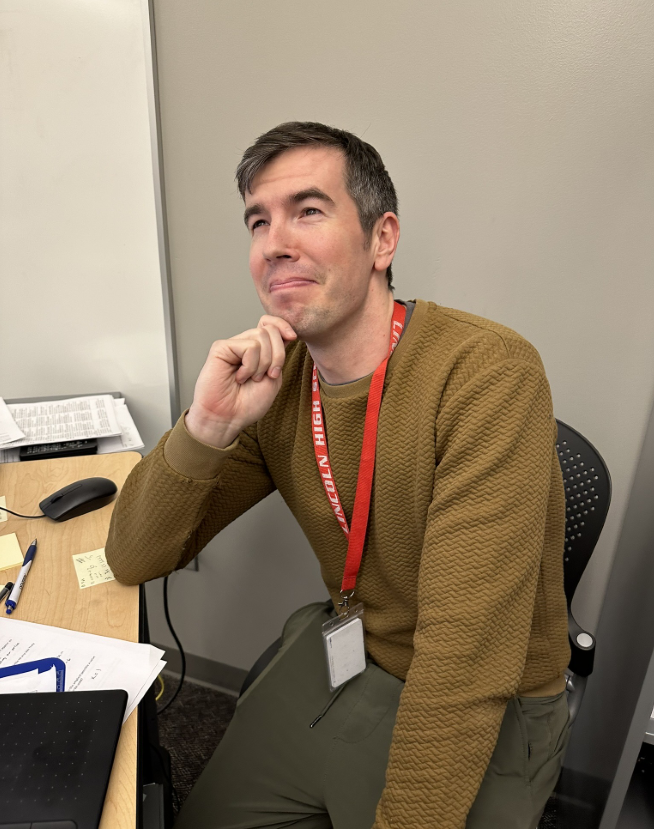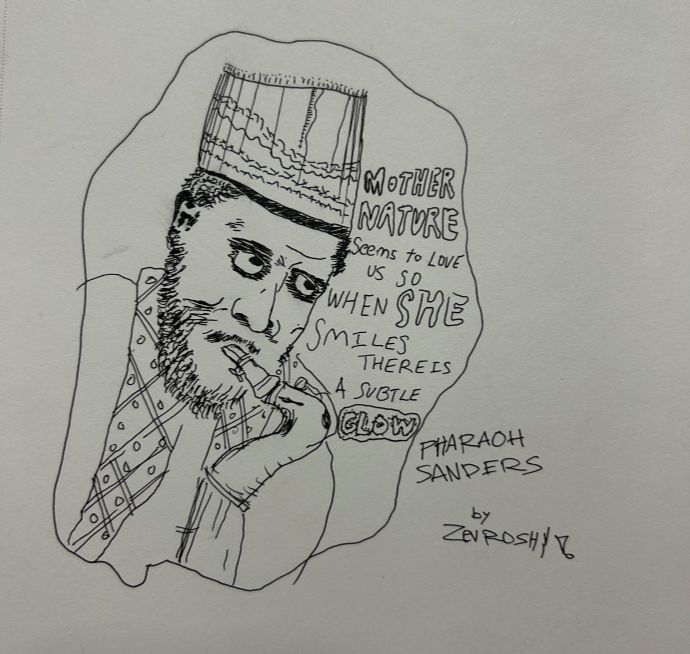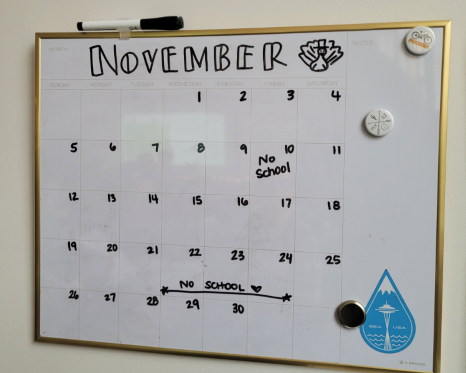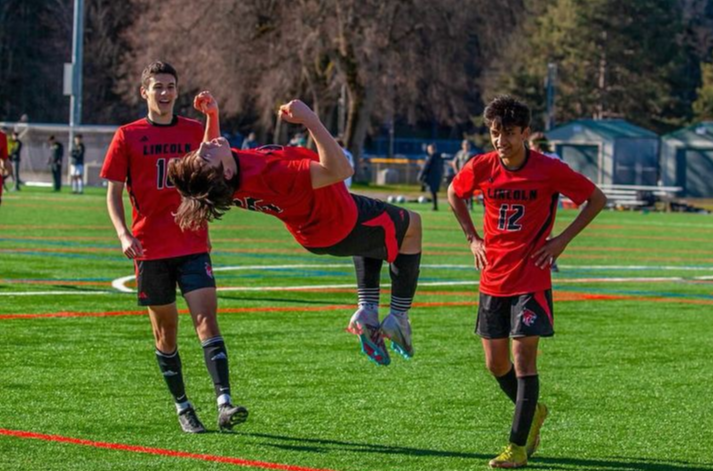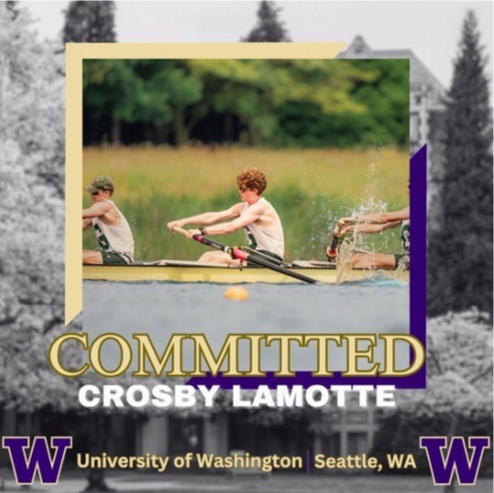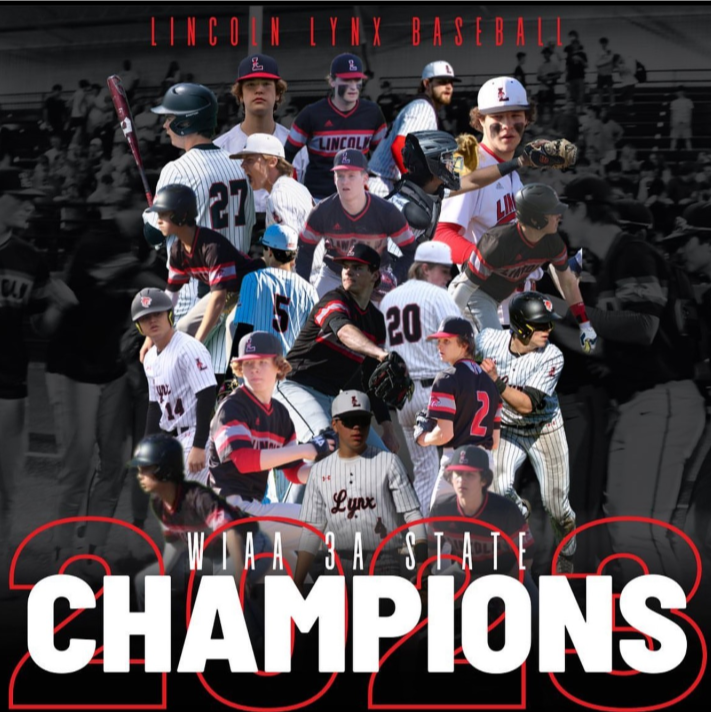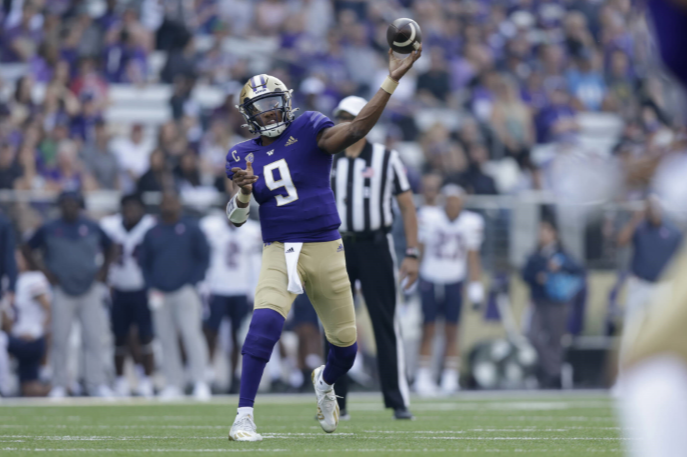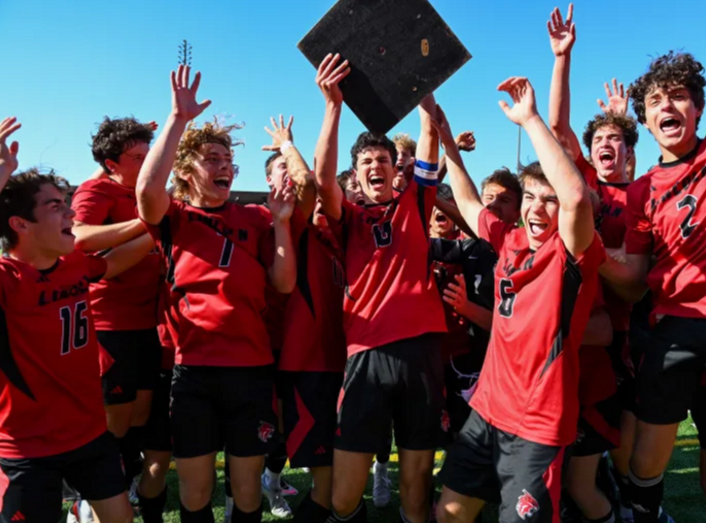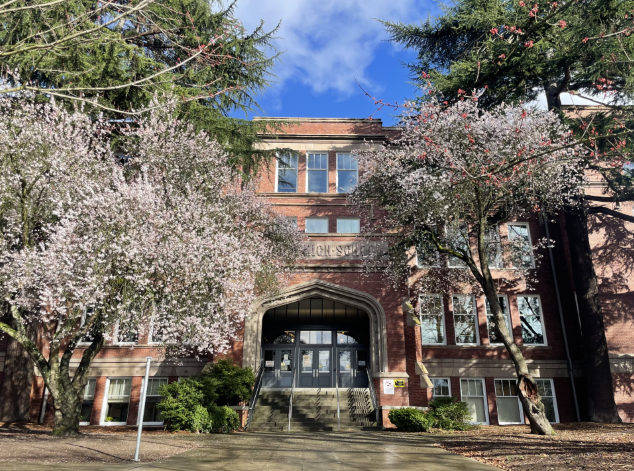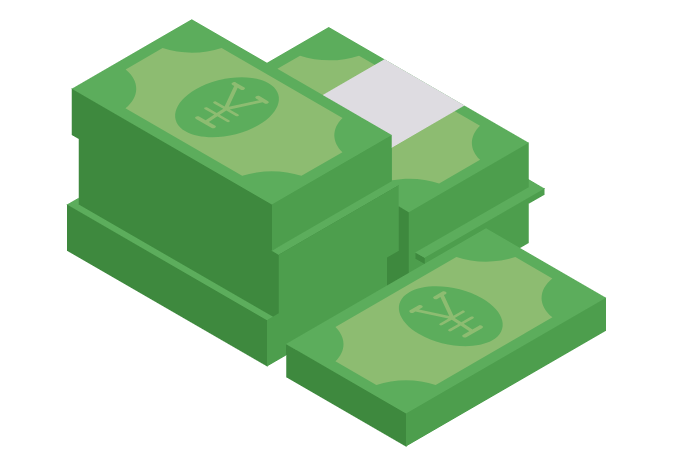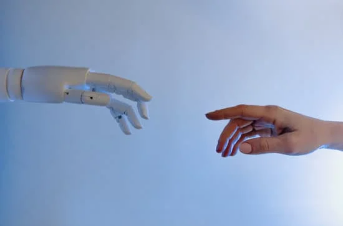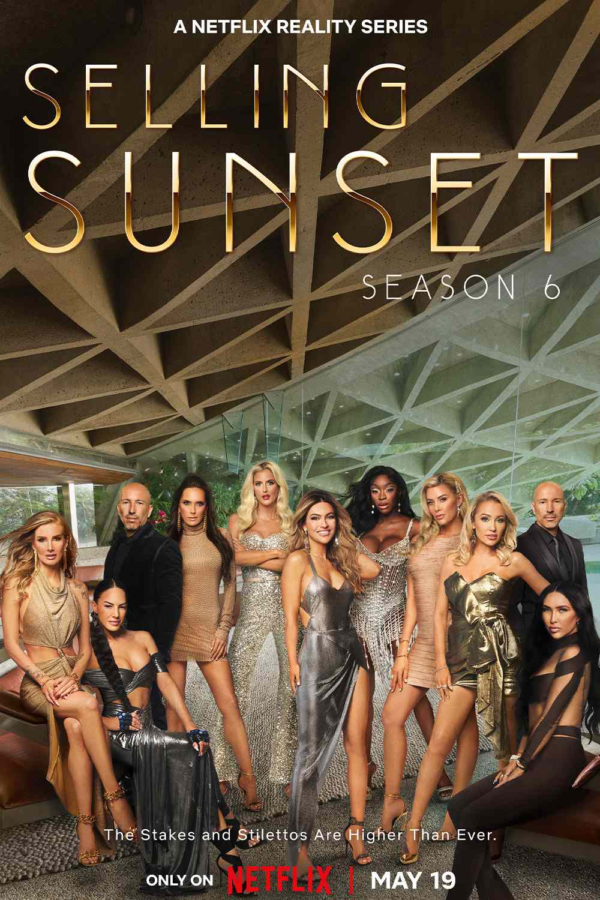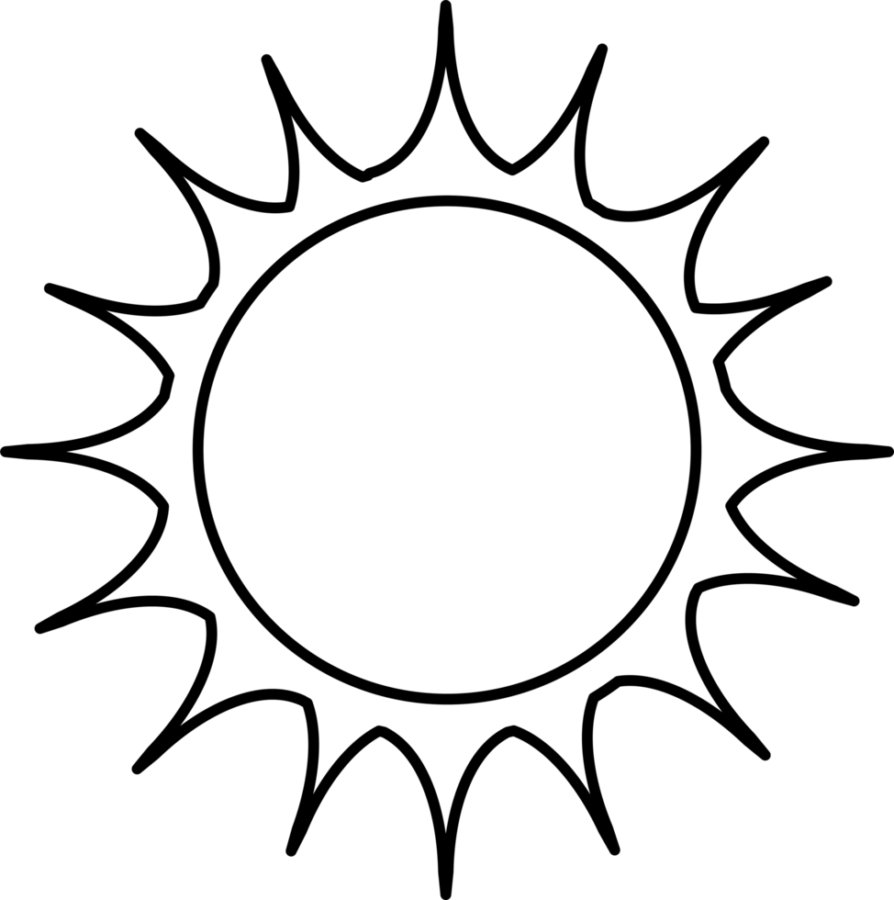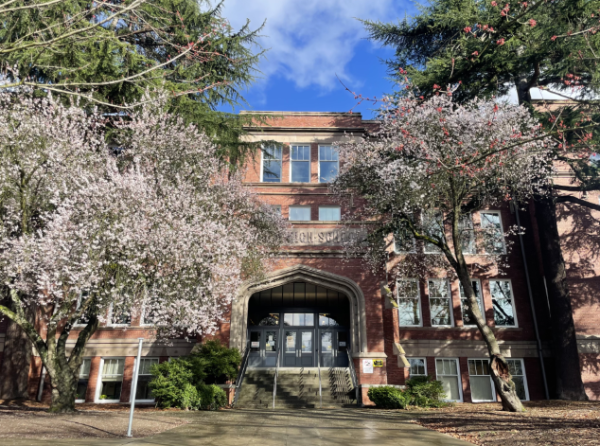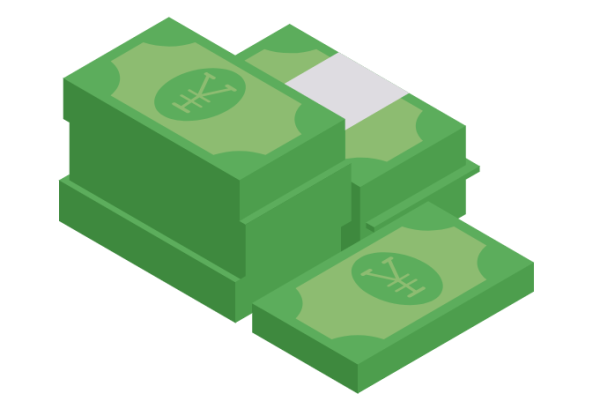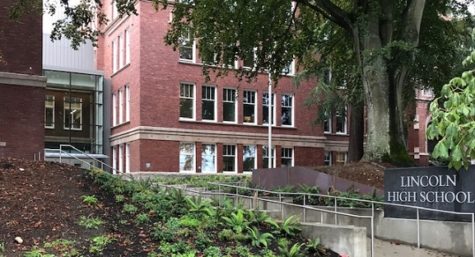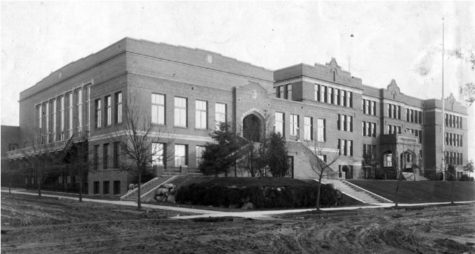Ask Not Who The Filter Blocks
June 15, 2023
What do you think when you think of our school’s internet filter? To Mr. Fox, it’s “clogged,” in a word. “I thought filters were supposed to let things through.”
At Lincoln, all internet usage through our school Wi-Fi network or on a school-issued laptop is monitored and restricted by a service called Securly. Securly is a service that uses AI to block pages it deems “inappropriate for school.” This is a poorly-defined category which can range from news websites to Wikimedia, an open-source image archive.
One such site is archive.org, an online collection of books, movies, and other materials which are presented for free to students and teachers. The site is an invaluable educational resource as it provides online versions of out-of-print and difficult to find books which could supplement curriculum.

Also of note is Securly’s data collection policy, which collects browsing and search history on all devices that connect to the school’s Wi-Fi. This practice is not only invasive, but also dangerous, as any data collected could be stolen and sold by hackers.
Few students seem to like the filter. Joe Friedman says he’s seen little benefit from its implementation: “It’s only ever been a nuisance.”
Izze Ginsburg testified that it made school computers impossible to work with, as it stops you from searching certain terms and concepts (including ones that may come up in class, like drug laws). It also blocks much of YouTube, and the website for ChatGPT.
Joe complained about the restrictions on video games. Izze further questioned the blocking of CoolMathGames, as “it literally has math games on it!” Joe added that he’d been playing on the site “since the fifth grade.”
Teachers were not in full support either. Ms. Campbell said it was useful in certain situations when a specific, trendy game that distracted her freshmen was blocked, but agreed that it was not a “net-positive.” The filter makes our teachers’ jobs harder by limiting what they can teach and how they can teach it.
This raises the question: Why? Why do we have a filter in the first place, and why is it so aggressive in blocking valuable educational resources? The answer lies in a decades-old bill and the peculiarities of US Educational policy that allowed it to pass.
The Children’s Internet Protection Act (CIPA) was passed in the last few weeks of the Clinton Presidency to force schools and libraries to operate “technology protection measures” on their internet-connected devices. It was the third federal attempt at Internet censorship of its kind, following the Communications Decency Act and the Child Online Protection Act, which were both struck down as unconstitutional by the Supreme Court. CIPA mandates schools to block access to content considered obscene, child pornography, or deemed “harmful to minors” — standards aligned with constitutional interpretations of unprotected categories of speech.
Securly’s implementation of this standard goes far beyond the call of duty. Anyone could tell you that Tetris is not a “patently offensive depiction of sexual or excretory functions,” as goes the legal definition of obscenity.
Furthermore, the Tenth Amendment says that education should be left entirely to state and local governments, and the federal government shouldn’t regulate it. How, then, did CIPA get passed?
Well, the Constitution is vague about what counts as regulation. Most local school districts and libraries actually get a good amount of funding from the federal government, including a kind of grant that funds technology called an “E-Rate Discount.”
While the Feds can’t say all schools have to implement a filter, they can threaten schools without a filter by revoking their E-Rate Discount. This coercive practice effectively sidesteps the Tenth Amendment.
Izze was less than pleased on hearing this. She said the federal government shouldn’t be able to control the actions of schools, and questioned the law from a freedom of information standpoint.
So, what is a student to do? Joe said he uses a VPN. This is a kind of program which hides your Internet traffic from the filter and allows you to search the web freely.
While a simple solution, VPNs come with a few drawbacks: VPNs are slower and more costly than simple Internet service. They also can’t be set up on a school issued laptop. Izze complained that it was too technical to mess with, which is a sentiment other students might relate to.
Many students use Wi-Fi hotspots in order to escape the filter, and a few use an encrypted browser called Tor. Both of these are free, but both are also slow, and don’t work on school-issued computers.
If you have a school issued laptop, the sad truth is that there is no way for you to get around the web filter. Students are unable to take full advantage of school computers.
In this way, CIPA disproportionately attacks students and teachers who have less time and money to dedicate to their education. Just as a student who cannot afford their own laptop is barred from information important to their learning, a teacher who cannot afford reading materials or curriculum for their class is barred from accessing the fair-use protected free versions of these texts.
Even if CIPA claims to be entirely optional for schools, forgoing E-Rate Discounts is simply not an option for SPS, a district whose technology budget is already strained and overburdened. In practice, SPS has been forced to adopt an internet management policy which introduces inequities in student and teacher access to educational information.
CIPA effectively redefines constitutionally protected speech. On top of this, by regulating schools on a federal level, it is unconstitutional in all ways except technical. CIPA should be dismantled and schools should, once again, be allowed to regulate their own internet use policies, as they do in all other matters.

